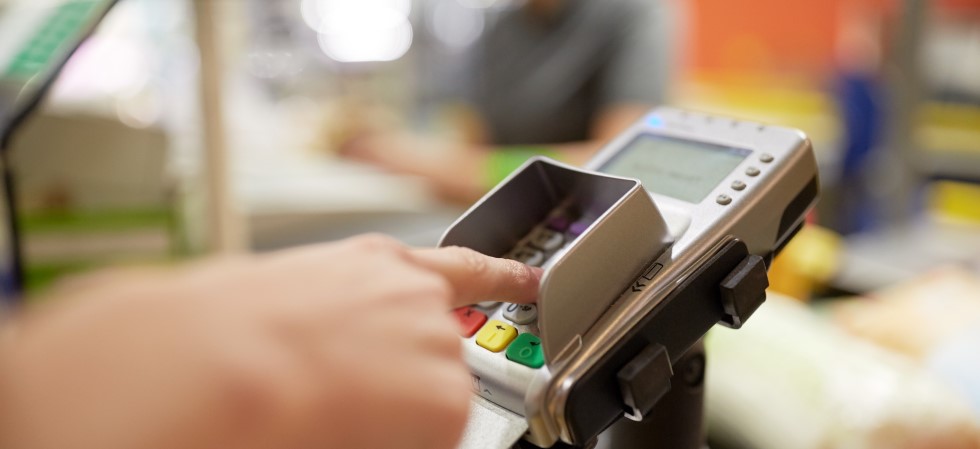The Institute of Grocery Distribution (IGD) has released a new report, Viewpoint Special Report: Rebuilding Economic Resilience in the UK Food Supply Chain, which has revealed that international conflict and extreme weather has strained the system and “exposed underlying fragility”.
The report also underlines the UK food and grocery supply chain’s resilience during the Covid-19 pandemic.
It details how food inflation has peaked at a 40 year high of 19.1% in March 2023, with an 8-10% decline predicted for the end of the year. IGD said that weak availability has “undermined the reputation of the food and consumer goods industry”, which has made recovery of volume sales more challenging.
Identifying issues within the chain
According to the report, the issues faced by the UK food supply chain include:
- Agriculture – low farming confidence levels and a growing population put food security and self sufficiency at risk
- The global food supply chain – geopolitics and climate change expose the UK food system to higher prices and weaker availability
- Labour – labour shortages are limiting the capacity of businesses to operate at their full potential and driving wage rises
- Confidence in investing – pressure on profitability, combined with political instability and economic uncertainty is impacting confidence in investing
- UK border changes – the supply chain must prepare for border changes early next year
- Farm subsidies – the Environmental Land Management scheme threatens the viability of some farm businesses and thus food production levels
- Climate change – as the frequency of extreme weather events increases, the threat to food production increases too
- Under investment – the under-investment of the supply chain will result in lower productivity and less preparation for the future
- Interest rates – investors may be discouraged from investing, leaving food supply chains exposed to future issues.
IGD chief economist James Walton said: “We know that high food price inflation is partly caused by global forces such as the Ukraine-Russia conflict. However, we should also consider the UK’s capacity as a producer and how we can work and trade flexibly to be resilient.
“The continued labour shortage in the food supply-chain will challenge domestic productivity and a unified effort is needed from the industry to attract and develop talent. IGD is already beginning to see this happen.”
Michael Freedman, head of economic and consumer insight, said: “Although inflation is slowing and wages, in some industries, continue to grow, higher base interest rates and taxes will see households struggle for some time.
“When times are hard, and people face significant challenges, it is critical that the food supply chain works effectively, ensuring good availability and value for consumers.”









